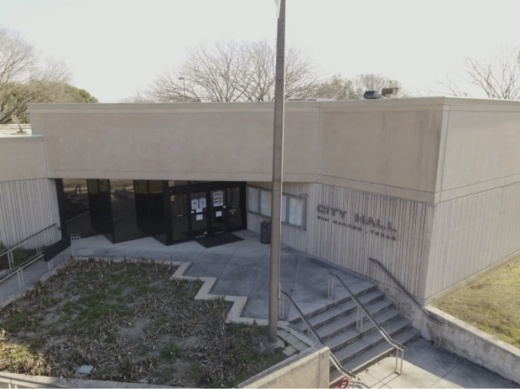A second public hearing and final vote to approve or amend the budget and tax rate will occur at the regular city council meeting slated for Sept. 21.
The $259,813,834 budget is for the fiscal year beginning Oct. 1.
The council unanimously added an amendment to the budget ordinance as requested by Mayor Jane Hughson that would require the city manager, Bert Lumbreras, to provide notification to the council when using his discretionary power to make decisions on capital improvement projects, construction projects, equipment purchases and other matters that pertain to the city budget during the year.
“I’m not asking that they stop the process or that they have to ask for permission—because they normally don’t—I’m just looking for notification to us after it happens,” Hughson said. “One of the major responsibilities of the council is the budget,” Hughson said. “As these changes are needed I’d like to see them.”
The budget itself passed with Councilor Saul Gonzales dissenting.
The $0.6030 per $100 valuation tax rate passed first reading, but not before a lengthy discussion of whether to lower the rate a penny to $0.5930.
That penny difference, according to city staff, provides about $655,000 extra in revenue projections to add three traffic officers and four 911 operators.
“Our citizens crash on average about 3,200 times per year,” said San Marcos Police Chief Stan Standridge.
“A typical crash investigation can take anywhere from 60 to 120 minutes—obviously fatalities take much longer,” he said. “I was actually very surprised when I assumed this position that there are zero officers assigned to work traffic. Zero.”
Some city councilors brainstormed where else to get additional revenue without raising taxes. Councilor Gonzales asked if there was an agreement between the city and Texas State University for providing compensation for any time city police are utilized for emergency and non-emergency calls on campus to aid TXST officers.
“I am not aware of any inter-local agreement between us and them where we are paid for that dispatching provision,” Standridge said.
“I’m just thinking outside the box trying to think of ways to get the revenue without raising taxes,” Gonzales said.
The council asked the city manager to look into whether such an agreement could be reached with TXST, as well as to look into other revenue generating ideas that would prolong or prevent the tax rate from going up in the future.





